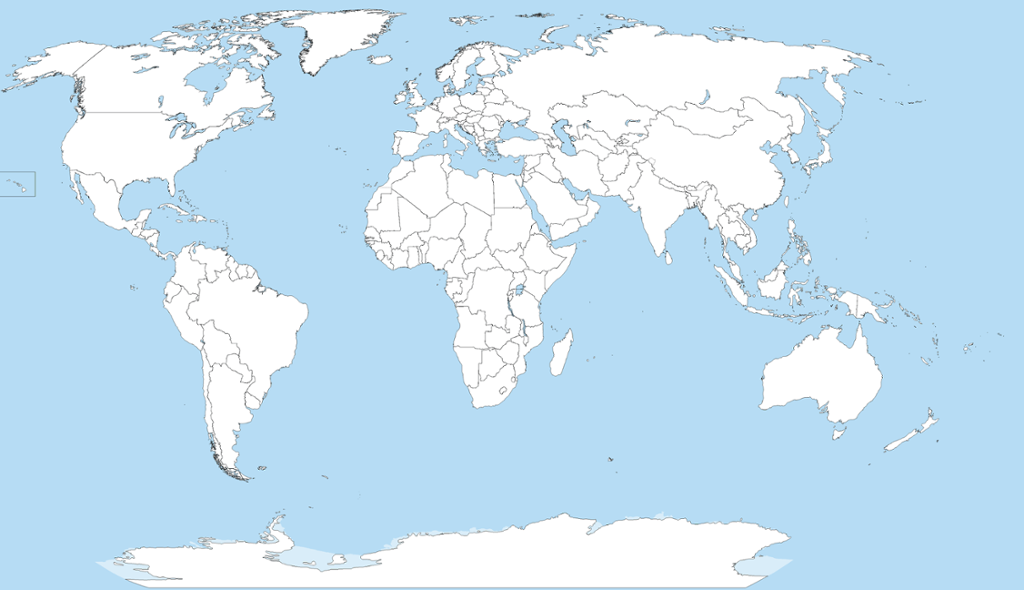Canada versus USA


Like Australia, the United States and South Africa, it has native populations, Native Canadians and Eskimos, also known as Inuit. These populations have also experienced oppression, but not the extreme violence and massacres which occurred in the United States and South Africa. The Eskimos have special rights for hunting and fishing to help them maintain their traditional lifestyles. However, both groups face problems that the native populations in the other countries also experience—poor health, alcoholism and unemployment.
Another unique characteristic of Canada is the division between French and English. Canada was originally mainly French, but English-speakers migrated to Canada after the Revolutionary War in the United States. The English-speaking population makes up the majority, while the province of Quebec is French. Quebec City Particularly, has a definite French flavor, much like New Orleans in the United States. There is a strong sense of independence in Quebec and there is a long history of Quebec wishing to withdraw and form its own country.
Many think that Canadians are much like Americans, but this is not completely true. Canada has a welfare system with national health insurance which is closer to Norway’s system than is the American system. A Canadian friend of mine outlined the following differences:
Americans | Canadians |
|---|---|
A stronger belief in private business | A stronger belief in the public sector and government control |
The world’s police force and the use of military force | World’s peace-keeper and use of diplomacy |
Private health care | Public health care to make sure that everyone is covered |
Life, liberty and the pursuit of happiness | Peace, order and good government |
Aggression which leads to violence | Emphasis on peace and low levels of violence |
Individual freedom | More government control |
Risk takers | More cautious |
Culturally, over the last few decades, Canada has been coming out of its shell. On the literature side, one of the bigger names has been Margaret Atwood who has won numerous prizes and who finally claimed the Booker Prize (Best in Britain and the Commonwealth) in 2001. In 2002, the Booker was also won by a Canadian, Yann Martel for his novel The Life of Pi. Other big names have been the late Robertson Davies, Alice Munro as a short story writer, and Anne-Marie MacDonald and Jane Urquhart.
On the music side of culture, it is Canadian women who have dominated recently. Although names such as Leonard Cohen, Neil Young and Bryan Adams are still going strong, the women just keep on coming with names like Celine Dion, Alanis Morrisette, Diana Krall (jazz), Nelly Furtado, Avril Lavigne, Shania Twain (country) and Sarah MacLaughlin. Even Joni Mitchell and Buffy Sainte-Marie are still producing, which is a good sign of durability.
As for the film industry, though America and Hollywood still dominate the blockbuster scene, some of the directors have Canadian roots, such as James Cameron (Titanic and Avatar) and Norman Jewison (Hurricane). Otherwise David Croneberg (Crash) and Atom Egoyan have won international acclaim for their works as have several French Canadian producers (Jesus of Montreal, The Invasion of the Barbarians). On the actor/actress side, the profile has been somewhat lower, but with Keanu Reeves’ Matrix Revolutions, it could just be that we are programmed to think that way. Dan Aykroyd, Mike Myers and Jim Carey are usually good for a few laughs and William Shatner has simply been out of this world, as has Pamela Anderson.
General Facts
Region: North America
Surface area: 9,970,610 sq. kilometers
Population density: 3/sq. Kilometer (the low density is due to most of the country being tundra.)
Government: Parliamentary democracy, bicameral legislature
Independence: 1867 from UK
Voting age: 18
Capital city: Ottawa
Largest city: Toronto (4.6 million)
Currency: Canadian dollar
Official languages: English & French
Life expectancy: Male 76 years, Female 83 years
Religion: Roman Catholic: 46%, Protestant 36%